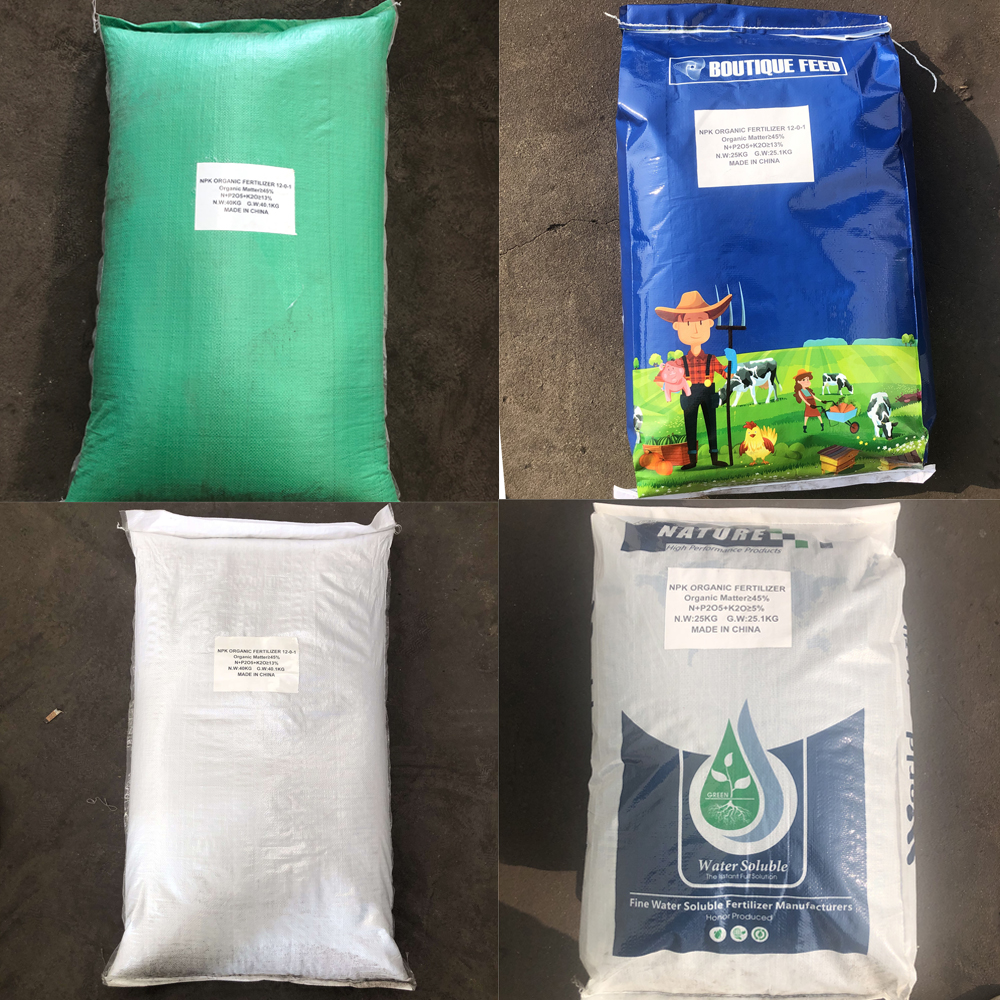
Oct . 03, 2024 10:24 Back to list
Creating a Balanced NPK Fertilizer for Optimal Plant Growth
The Importance of Balanced NPK Fertilizers for Sustainable Agriculture
In the realm of agriculture, the term NPK refers to the three essential nutrients that are crucial for plant growth Nitrogen (N), Phosphorus (P), and Potassium (K). Together, these nutrients form the backbone of balanced fertilization, often referred to as balanced NPK. This concept is paramount for sustainable agricultural practices and food security. In this article, we will delve into the significance of balanced NPK fertilizers, their benefits, and practical applications in farming.
Understanding NPK Nutrients
1. Nitrogen (N) Nitrogen is vital for the synthesis of amino acids, which are the building blocks of proteins. It plays a key role in the growth of plant tissues and is essential for the formation of chlorophyll, which is necessary for photosynthesis. A nitrogen deficiency can lead to stunted growth, yellowing of leaves, and poor crop yields.
2. Phosphorus (P) Phosphorus is integral to energy transfer within the plant, specifically in the form of ATP (adenosine triphosphate). It aids in root development, enhances flowering and fruiting, and is critical for the development of seeds. Insufficient phosphorus can result in weak root systems and delayed maturity.
3. Potassium (K) Potassium is crucial for regulating various physiological processes within plants, including water uptake and enzyme activation. It helps improve drought resistance, enhances the quality of fruits and vegetables, and increases disease resistance. A lack of potassium can lead to poor fruit quality and lower yields.
Benefits of Balanced NPK Fertilizers
Balanced NPK fertilizers provide a tailored approach to addressing nutrient deficiencies in soil, leading to enhanced plant growth and productivity. Their benefits include
1. Optimal Growth By supplying the right ratios of N, P, and K, balanced fertilizers ensure that plants receive the nutrients they need for optimal growth stages, from germination to harvest.
2. Improved Soil Health Regular application of balanced NPK fertilizers contributes to improved soil structure and fertility. Healthy soils are better at retaining moisture and nutrients, ultimately supporting sustainable agricultural practices.
balanced npk

3. Higher Crop Yields With adequate nutrition, crops can achieve their maximum potential, resulting in higher yields. This is particularly important in an era when food demand is rising due to population growth.
4. Economic Viability Farmers benefit economically from using balanced NPK fertilizers as they can increase their output and profitability. More robust yields lead to better returns on investment for farmers, promoting rural economies.
Practical Applications in Farming
The application of balanced NPK fertilizers should be tailored to specific crop needs and soil health. Farmers should conduct soil tests to determine nutrient levels and identify deficiencies. Based on the results, they can select the appropriate NPK ratio to apply.
1. Crop Rotation Implementing crop rotation enhances soil nutrition and minimizes pest and disease issues. Different crops have varying nutrient requirements, and rotating them allows for a balanced extraction of nutrients from the soil.
2. Precision Agriculture The use of technology in agriculture helps farmers apply fertilizers more efficiently. Precision farming techniques can optimize NPK applications, ensuring that nutrients are delivered only where and when they are needed.
3. Organic Options While synthetic fertilizers are commonly used, organic NPK fertilizers derived from compost or animal manure can be a more sustainable choice. These organic alternatives not only provide necessary nutrients but also improve soil health over time.
Conclusion
In conclusion, balanced NPK fertilizers are a cornerstone of modern agriculture, essential for promoting healthy plant growth and sustainable farming practices. By understanding the roles of nitrogen, phosphorus, and potassium, farmers can make informed decisions to optimize their crop yields while preserving soil health. As global food demands continue to increase, the importance of balanced NPK in achieving sustainable agricultural solutions cannot be overstated. Embracing this approach paves the way for a healthier planet and a more secure food future.
-
Organic 10-10-10 Fertilizer | Balanced Plant Nutrients
NewsJul.31,2025
-
Premium Amino Acid Fertilizer | Rapid Plant Growth Booster
NewsJul.31,2025
-
10 10 10 Fertilizer Organic—Balanced NPK for All Plants
NewsJul.30,2025
-
Premium 10 10 10 Fertilizer Organic for Balanced Plant Growth
NewsJul.29,2025
-
Premium 10 10 10 Fertilizer Organic for Balanced Plant Growth
NewsJul.29,2025
-
Premium 10 10 10 Fertilizer Organic for Balanced Plant Growth
NewsJul.29,2025
